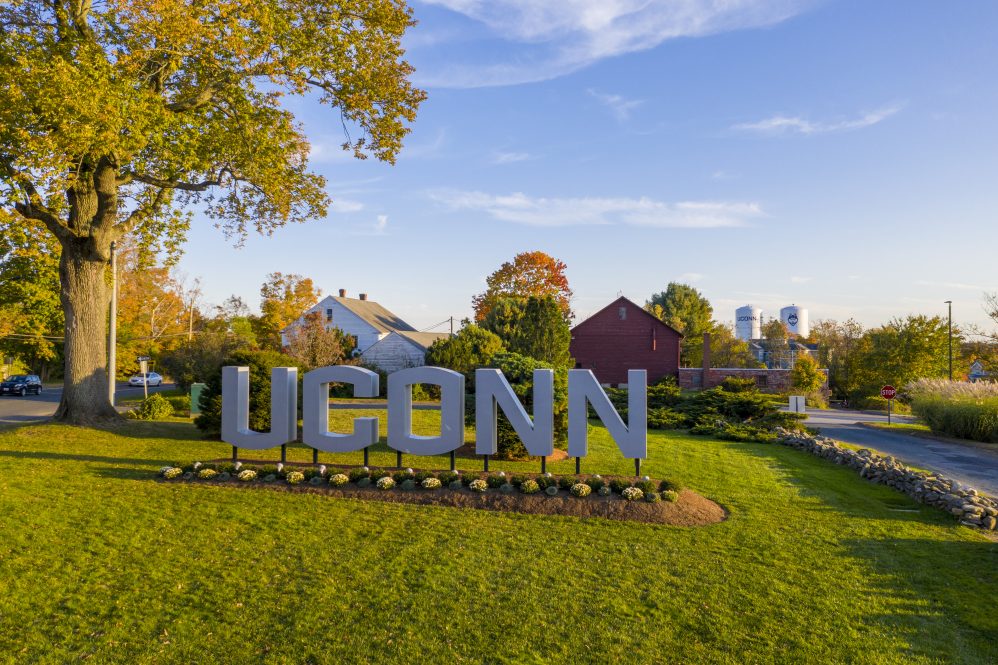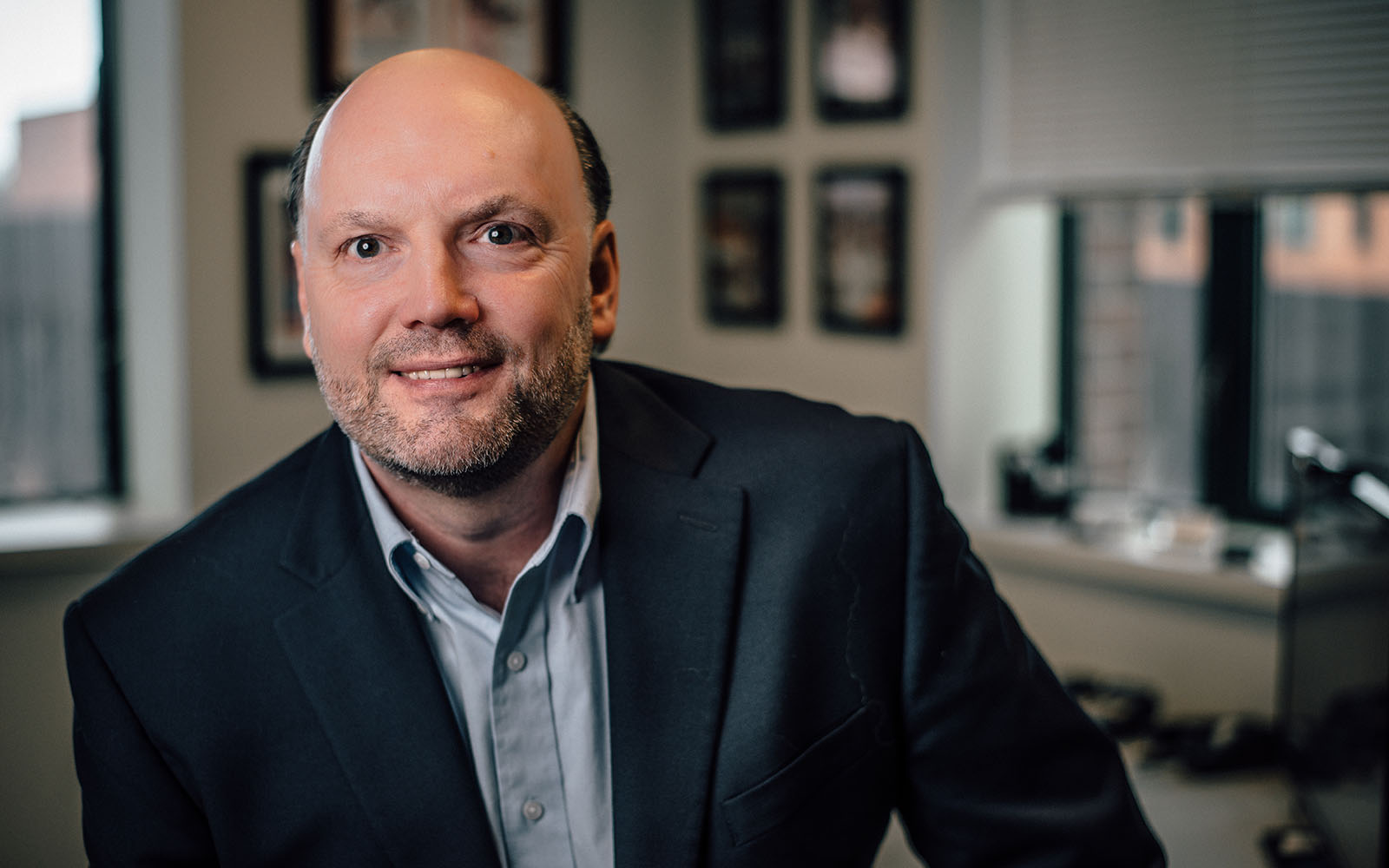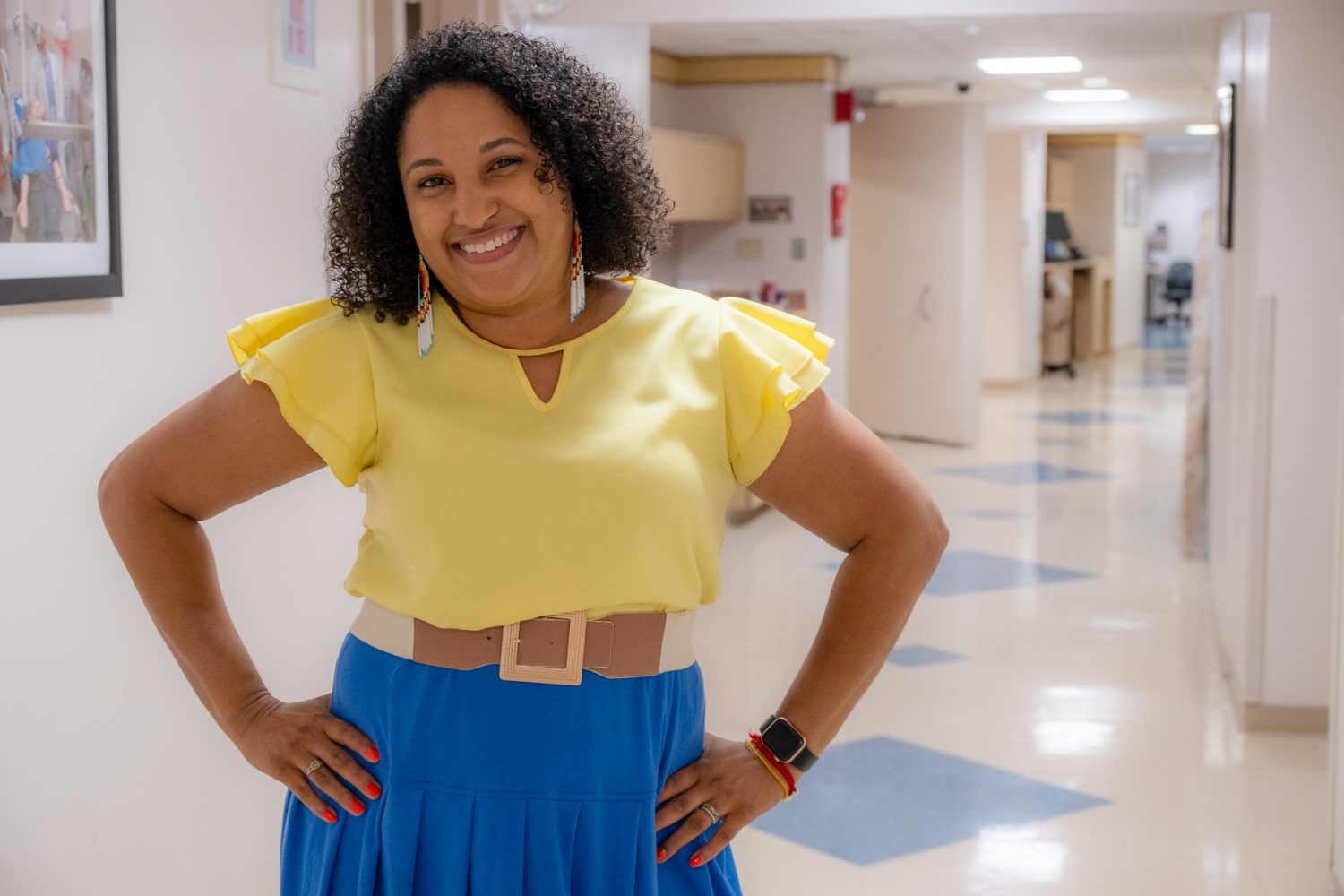Since 2015, UConn has experienced a remarkable increase in the number of major National Science Foundation (NSF) awards bestowed upon early-career faculty members. This year, the University is seeing unprecedented success, with 11 awards already announced and more possibly on the way.
NSF Early Career Development (CAREER) Program awards are highly prestigious, offered to early-career faculty members who demonstrate the potential to serve as academic role models in research and education. Approximately 500 awards are given annually to universities and research institutions throughout the country. The NSF especially encourages women, underrepresented minorities, and persons with disabilities to apply.
“Over the past several years, UConn has joined an elite group of research universities in the number of CAREER Award winners on our faculty,” said Interim UConn President Radenka Maric. “In fact, the number of CAREER Awards won by our faculty in 2018-2020 puts us ahead of top research universities like Harvard, Dartmouth, and Cal Tech. This is a testament to the quality of research work being done at UConn, and also to our institution-wide commitment to pursue excellence. I am very proud of our progress, and look forward to reaching even greater heights in the years to come.”
The awards are very competitive, and few institutions have seen as much success in winning research funding as UConn, particularly over the past seven years.
The 11 awards for 2022 are the most ever for UConn. The previous record of nine was set in 2019.
The awards range from about $425,000 to over $1.3 million for Ido Davidesco, the first faculty member from the Neag School of Education to earn CAREER funding. The School of Engineering leads with seven faculty members awarded, followed by three for the College of Liberal Arts and Sciences and one for Neag.
Historically, Engineering faculty at both UConn and UConn Health have received the most CAREER awards, followed by CLAS.
“I am proud of numerous engineering faculty who have been in this elite group,” said Kazem Kazerounian, Dean of UConn Engineering. “This is a testament to the caliber of young faculty that we’re hiring, the investments being made by the school and university, the commitment and skill of our research support staff and research associate deans, and finally the creativity and strength of our research overall.”
The NSF states that the CAREER program is the embodiment of the Foundation’s commitment to encourage academic institutions to support the integration of research and education. UConn’s awarded projects for 2022 are diverse in scope, representing the ideals of the program.
For example, physics professor Cara Battersby is recruiting undergraduate physics majors for the UConn STARs (Science, Technology, and Astronomy Recruits) outreach program, designed specifically for students from historically excluded backgrounds.
“This award will be a huge boon to my group’s research program at UConn,” Battersby said. “It will allow us to push the envelope both observationally and theoretically to understand what drives the formation of stars in our galaxy’s center.”
UConn’s CAREER award success can be tied to internal efforts by its schools and colleges to guide faculty members through the difficult process of writing effective proposals. From 2012-14, the University won a total of five awards. Then in 2014, Engineering initiated monthly CAREER workshops for faculty, led by retired associate dean Michael Accorsi and writer Bethany Javidi.
The next year, Engineering won three CAREER awards. The Office of the Vice President for Research launched its CAREER workshops in 2015. The OVPR expanded its programs and coordinated with schools and colleges in 2016 while CLAS was establishing its own CAREER workshops, led by Allison Goldsnider, director of grants management services.
The guidance was helpful for faculty, who found themselves able to navigate the process and earn NSF funding that altered the course of their careers for the better.
“UConn was very supportive in this proposal process, in particular through organizing the CAREER review panel in CLAS, which encouraged me to form a committee of experts in my field, get early feedback on the proposal ideas, and then formal feedback on a full draft, with plenty of time for modifications before submission,” Battersby said.
Notably, CLAS faculty earned four awards in 2016, including a $1.2 million grant for psychological sciences professor Marie Coppola. Engineering also won three awards in 2016, and UConn had no fewer than seven per year until setting its record in 2022.
“In seven years, we have seen our total of NSF CAREER awards increase from a handful to more than 60, representing tens of millions of dollars in support of UConn research,” said Pamir Alpay, interim vice president for Research, Innovation, and Entrepreneurship. “The increase in awards is no coincidence. It validates the research excellence of our brilliant early career faculty members as well as the critical support UConn provides to guide them through the awards process.”
The following are UConn’s CAREER Award winners for 2022. More could be announced before the close of the fiscal year:
NEAG School of Education
Ido Davidesco, Educational Psychology
College of Liberal Arts and Sciences
Cara Battersby, Physics
Sarah Knutie, Ecology & Evolutionary Biology
Tomoyasu Mani, Chemistry
School of Engineering
Ben Fuller, Computer Science & Engineering
Walter Krawec, Computer Science & Engineering
George Matheou, Mechanical Engineering
Kristin Morgan, Biomedical Engineering
Anna Tarakanova, Mechanical/ Biomedical Engineering
Xueju (Sophie) Wang, Materials Science and Engineering
Hongyi Xu, Mechanical Engineering



